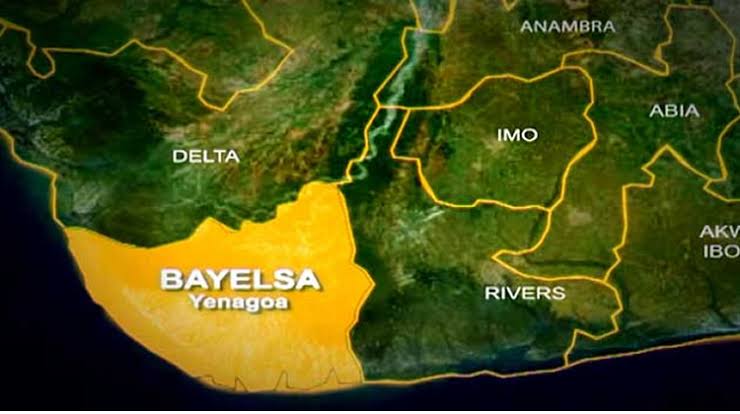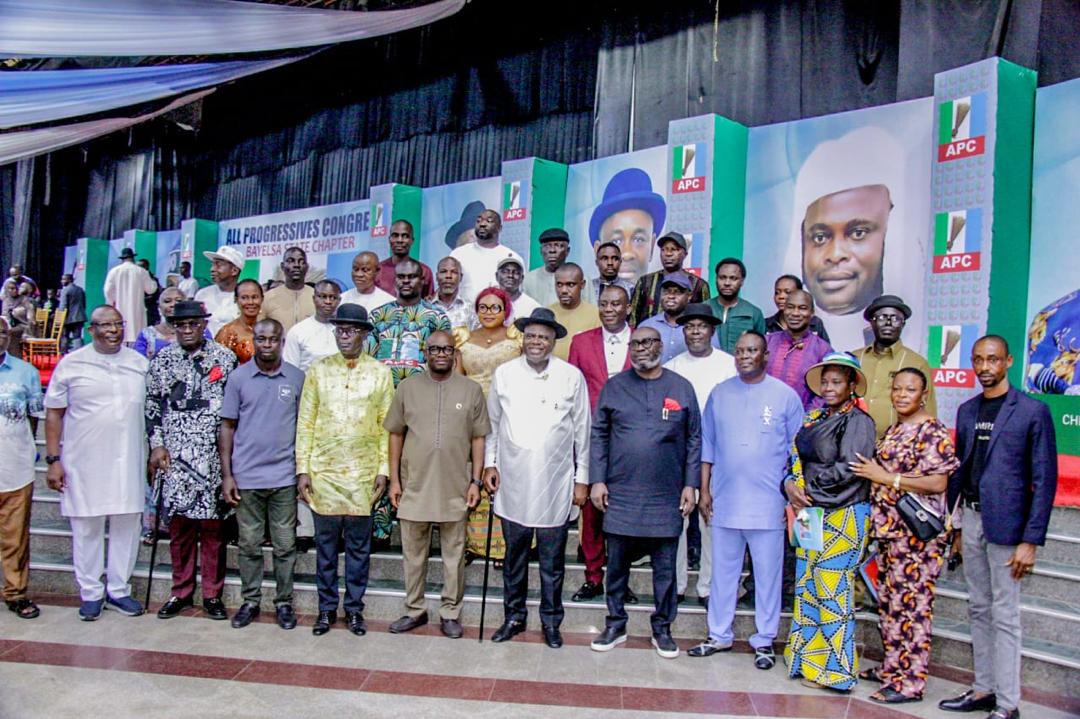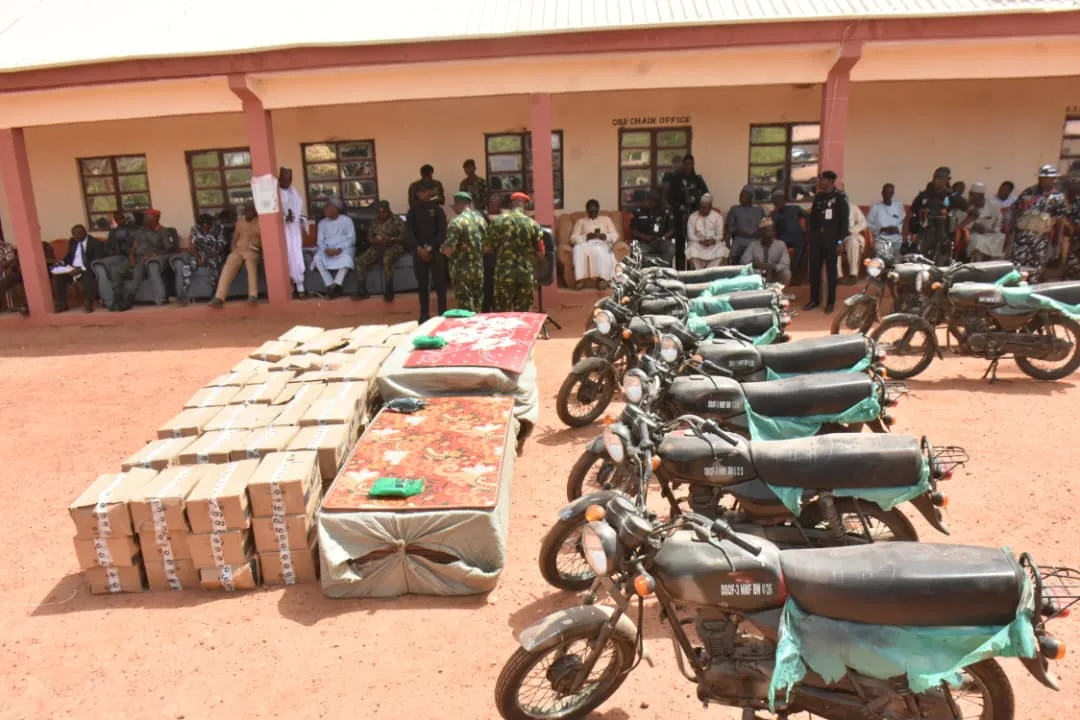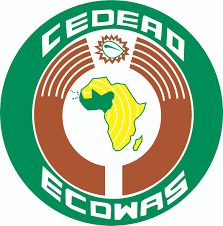Emmanuel Kehinde, ilorin
A top delegation of the ECOWAS Commission will visit Kwara State in March to launch an advocacy for safe hygiene for women and girls — a pick that is linked to Governor AbdulRahman AbdulRazaq’s gender mainstreaming policy in the state.
Kwara is one of the few Nigerian states to benefit from the ECOWAS symbolic interventions which would see at least 600 Kwara women and girls receiving personal hygiene items alongside an intensive campaign on safe hygiene.
“We have the honour and pleasure to inform you that as part of its Human Capital Development (HCD)’s advocacy on ‘Staying Healthy for Education and Employment’, ECOWAS Community Institutions are launching a safe hygiene advocacy drive (menstrual and personal),” according to a letter to the Governor by ECOWAS Commission’s Vice President Madam Finda Koroma and Director General of West Africa Health Organisation.
“This initiative seeks to promote the provision of safe, adequate and dignified hygiene needs of women and girls to facilitate their empowerment. Using a multi-sector approach, this shall be a joint activity with the West African Health Organisation (WAHO) as part of their ongoing advocacy on women’s health, maternal health, teenage pregnancy and family planning in ECOWAS Member States, sponsored by Netherlands Government, with some support coming from Unilever and Procter and Gamble.
“The Office of His Excellency the Vice President of the Federal Republic of Nigeria, which coordinates HCD in Nigeria, is a partner in this initiative.
“Your Excellency may wish to note that Kwara State has been selected as one of the beneficiary States in Nigeria, together with other ECOWAS Member States. In this regard, the ECOWAS Vice President, H.E. Madam Finda Koroma, will lead an ECOWAS delegation to Kwara State in March/April 2022 on dates to be agreed with Your Excellency in order to raise awareness on the initiative and to donate personal hygiene items to needy women and girls.
“We have targeted two locations in Kwara State. We plan to target 300 women and young girls per location, in two secondary schools and one tertiary institution and 50 babies in a maternity centre in each of the two locations.”













